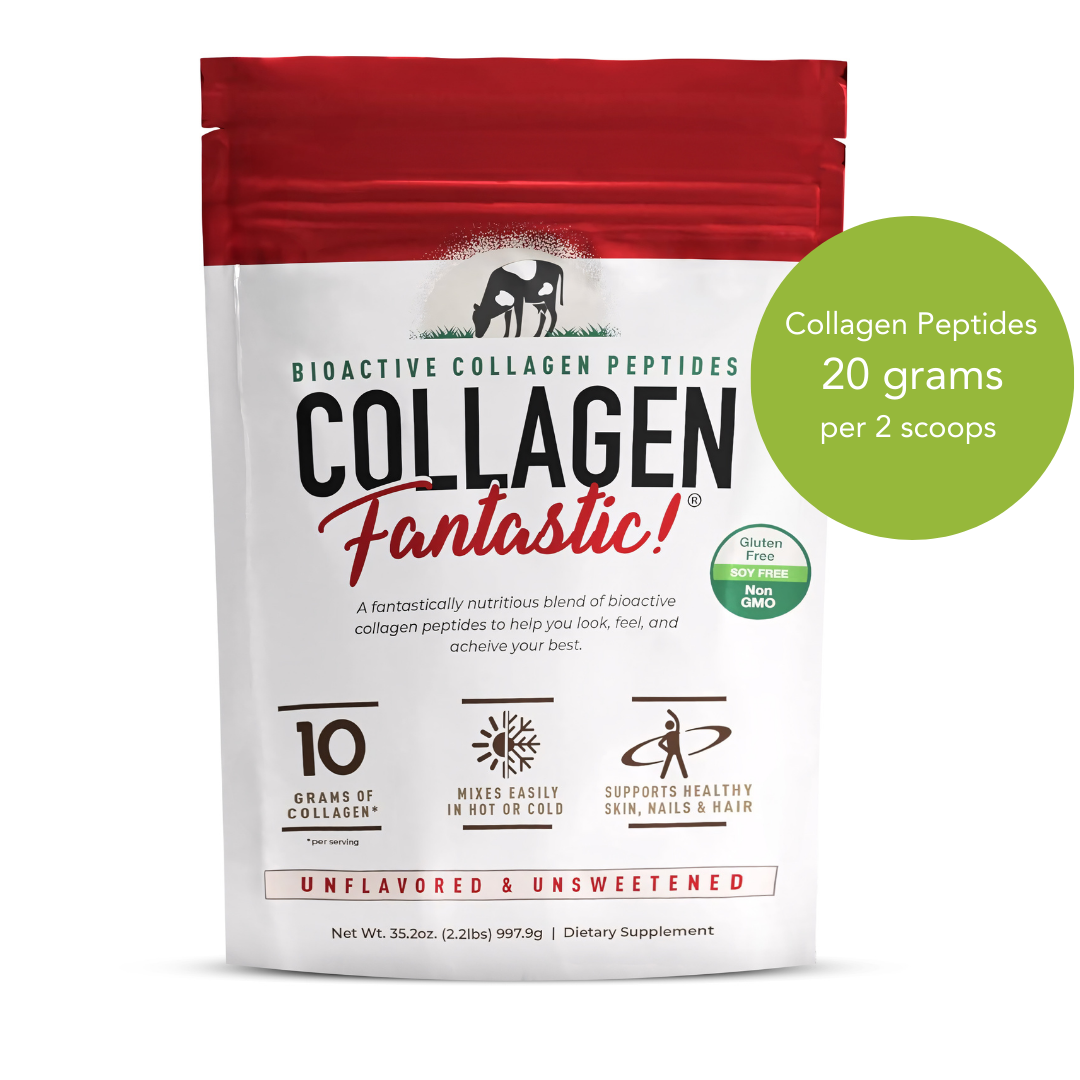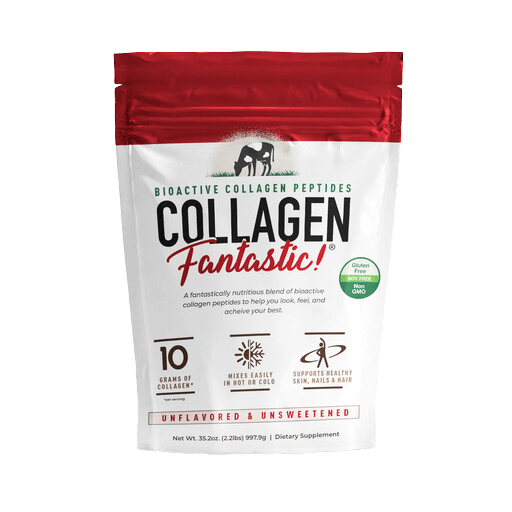Can’t gain muscle no matter what? It’s extremely frustrating and discouraging. It doesn’t matter the diet you follow or the type of workout you do, building muscle seems pretty much impossible as far as you’re concerned. You’re tired of drowning in your clothes, being skinny, and 100% done with not gaining any muscle.
You might think to yourself: Why in the world am I not building muscle? The truth is, you could be making some critical muscle-building mistakes if you’re not making gains. We have 7 of the biggest ones down below, plus solutions on how you can fix them and start putting on muscle mass.
Reasons Why You’re Struggling to Build Muscle

1. You’re not eating enough
If you’re in the gym and lifting weights but not gaining muscle, it points to your nutrition as the underlying culprit for measly gains. To build muscle, you have to eat like it, and you’re probably not consuming enough calories for muscle growth to occur.
How to fix: In order to build muscle, you need to be in a caloric surplus, which means you’re taking in more calories than you burn off.
To figure out the number of calories that puts you in a surplus, first, you need to figure out your TDEE (total daily energy expenditure), which you can do using this calculator. Your TDEE represents the number of calories you burn per day based on your activity level). Once you get your TDEE, add 250-500 calories to that to get the number of calories you should be consuming daily for muscle growth.
2. You need to workout harder and lift heavier
If you’re not gaining muscle, ask yourself how you’re really working out. That’s not to say every single workout should be brutal but you should definitely be challenging yourself in the gym.
The key to building muscle can be found in progressive overload, which basically involves gradually increasing the amount of weight you’re lifting over time. This puts more stress on your body, which is actually a good thing because your body adapts to this stress by building more muscle.

How to fix: For each exercise, try pushing yourself 1-2 reps shy of failure. This may require a spotter for some lifts, so make sure you’re practicing good gym safety and have one close by! Also, make sure your program uses progressive overload so that you can get stronger over time and achieve optimal muscle growth.
3. Training consistency is an issue
Training intensity may not be a problem for you but actually making it to the gym and following through with your workouts is. But you can’t build muscle unless you actually show up for your workouts.
How to fix: Schedule time for your workouts and treat it like you would a meeting with the CEO of your company (aka a non-negotiable that you wouldn’t just cancel on)!
Also, consider adjusting your current strength training workout split. If you’re currently training one muscle group a day or trying to make it to the gym 6 times a week, scale things back with a more attainable workout schedule. A push-pull-legs 3-day split is a great way to decrease time spent in the gym but still have an effective workout.
On a push-pull-legs routine, one workout is dedicated to your upper body “push” muscles, the second workout to your upper body “pull” muscles, and the 3rd workout is for training legs.
For example, here’s how that might look over the course of a week:
- Monday: Upper body push workout
- Wednesday: Upper body pull workout
- Friday: Leg day
4. You need more protein in your diet
To say that protein is essential to muscle growth would be an understatement. Workouts and lifting weight damage your muscle fibers. It's through a process known as protein synthesis where your body repairs these damaged fibers and builds new muscle. Insufficient protein intake disrupts this process, which leads to you not gaining muscle.
How to fix: Aim for a minimum of at least 1 gram of protein per pound of body weight. So, if you weigh 200 pounds, that’d be 200 grams of protein. 175 lbs would be 175 grams of protein. And so on.
With that said, the type of protein you include in your diet is also important. High-quality protein sources that contain a full slate of amino acids are best. This includes muscle-building foods like chicken breast, lean beef, white fish, and low-fat Greek yogurt.

If you struggle getting enough protein throughout the day with whole foods, protein powder is a convenient option. Our Whey Fantastic protein powder is 100% grass-fed and comes jam-packed with 25 grams of protein per serving for supreme muscle-building gains. Choose from unflavored or one of three delicious flavors—chocolate, strawberry, and vanilla!
Try Whey Fantastic Today and Save 15%
Use Discount code Blog7 during checkout


5. Not catching enough Z’s
If you’re not gaining muscle, it might be time to peel back the hood on your sleep habits. Muscle growth happens during recovery, not your time in the gym working out. And the ultimate recovery method is getting enough sleep.
Human growth hormone production ramps up while you’re sleeping, which is super important for building muscle. So if you’re not sleeping enough, odds are you’re leaving significant muscle gains on the table. When you’re sleep deprived, it also affects your energy levels, which carries over into your gym performance via sloppy workouts.
How to fix: Aim for 7-9 hours of sleep each night. If you have trouble falling asleep, try implementing better sleep habits, such as a nighttime routine that signals to your body that it’s time for bed. This can include things like a hot bath or shower, making some hot tea, etc to calm the body down and relax your mind. It also might help to limit screen time 2-3 hours before bed, as the blue light emitted from our screens throws your circadian rhythm for a loop.
6. You’re skipping leg day
This may be more of a guy thing but if you’re not hitting legs, then you’re missing out on some serious muscle growth potential. Your legs are the largest muscle group, so it makes sense that training them can help you put on muscle mass.
But the thing with leg training is that it doesn’t just impact your lower body. Training legs actually means more upper body muscle too. Lifting weights stimulates growth hormone and testosterone production in the body (two hormones crucial that are crucial for building muscle). Since your legs are the largest muscle group, you stand to create a lot more testosterone and growth hormone for your body by training them, which means bigger gains for your upper body too.

How to fix: A lot of times, the dread of leg day is worse than the actual workout itself. Consider making your leg workout the first workout of the week. That way, you get it out of the way.
7. You’re drinking too much alcohol (and not enough water)
One of the biggest reasons you can’t build muscle might come from your liquid calorie consumption. More specifically, alcohol.
Drinking alcohol is one of the quickest and easiest ways to derail your gains. The alcohol itself has calories, sure. But it’s what the alcohol makes you want to eat afterward that really does the damage. You get in from a night out with drinks and have unhealthy cravings for foods like pizza, burgers, fries, etc.
Not only that but alcohol can lead to dehydration, impact your energy levels, and sabotage the protein synthesis process. And just try being productive the next day after a night of drinking. The older you get, the harder it becomes!
You should be drinking water anyway. It’s good for flushing out harmful toxins from the body and it provides you with energy.
How to fix: Drink plenty of water throughout the day so that you stay hydrated, flush out harmful toxins, and keep your energy levels up. If you do plan on going for drinks with friends, make sure you’re fueling up on key nutrients like vitamin B (B-1, B-6, and B-12) as well as getting in plenty of electrolytes prior to hitting the hay to offset the potential hangover.
In Summary
If you’re struggling to build muscle, this post should serve as a good springboard for correcting some of the biggest mistakes that may be hampering your progress. To put yourself on the path to muscle-building success, here are some tips to keep in mind:
- Eat in a caloric surplus. Figure out your TDEE and add 250-500 calories to this number. That will be the number of calories you should eat for muscle growth.
- Shoot for at least 1 gram of protein per pound of body weight
- Train hard and implement progressive overload into your routine
- Find a workout split (such as the PPL 3-day split) that maximizes your time in the gym so you can train consistently
- Prioritize sleep
- Embrace leg day (remember, training legs helps builds muscle in your upper body too)
- Drink more water and less alcohol
About the Author: Chad Richardson is a freelance copywriter from Cincinnati, OH who’s passionate about creating content to help people enjoy healthier lives. When he's not behind his computer, you can find Chad at the gym, in the kitchen trying out new recipes, or scrolling through Netflix for a new binge-worthy show.











